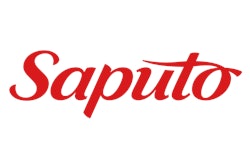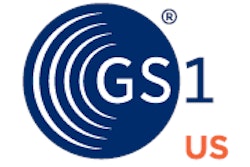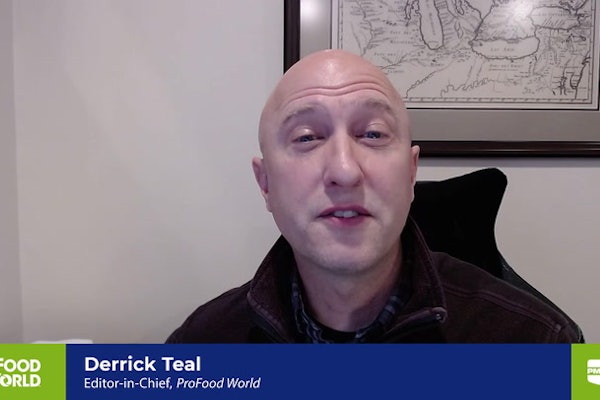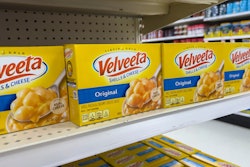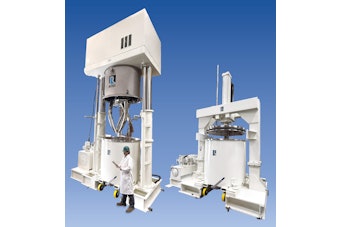
University of Missouri scientist Colleen Ray and her colleagues in the university’s Department of Chemistry have developed a new method that uses nuclear magnetic resonance (NMR) spectroscopy to detect food products that have been modified or adulterated with fillers like vegetable oil.
“When medical professionals use an MRI to gauge the severity of a torn ligament or to follow a cancerous tumor, they are just using NMR spectroscopy,” Ray explains. “The main difference is that they create pictures from the data, and we use the data to figure out the structure of molecules.”
In the study, the researchers found 29% of the samples of non-refrigerated grated parmesan cheese had been adulterated with palm oil. The testing process took 45 min or less.
 | USDA Proposes New Requirements for 'Product of USA' Label Claim |
“Genuine cheeses were found to have a very consistent lipid profile from sample to sample, improving the power of this approach to detect vegetable oil adulteration,” Ray adds. “Palm oil itself is a clever adulterant owing to its semi-solid state at room temperature, similar color to cheese, and low price compared to cheese. However, this study is strictly limited to the lipid profile of these products, and no attempts were made to quantify any fillers aside from palm oil.”
“The analysis of food products with NMR spectroscopy is a powerful tool for the detection of adulteration,” says C. Michael Greenlief, director of the University of Missouri Proteomics Center and Nuclear Magnetic Resonance Facility and a professor of chemistry. “It is ideal for analyses of this type due to a high sample throughout, the ability to discriminate based on structural differences of metabolites with similar masses, and the ability to examine samples in either their native state or with little sample preparation.”



